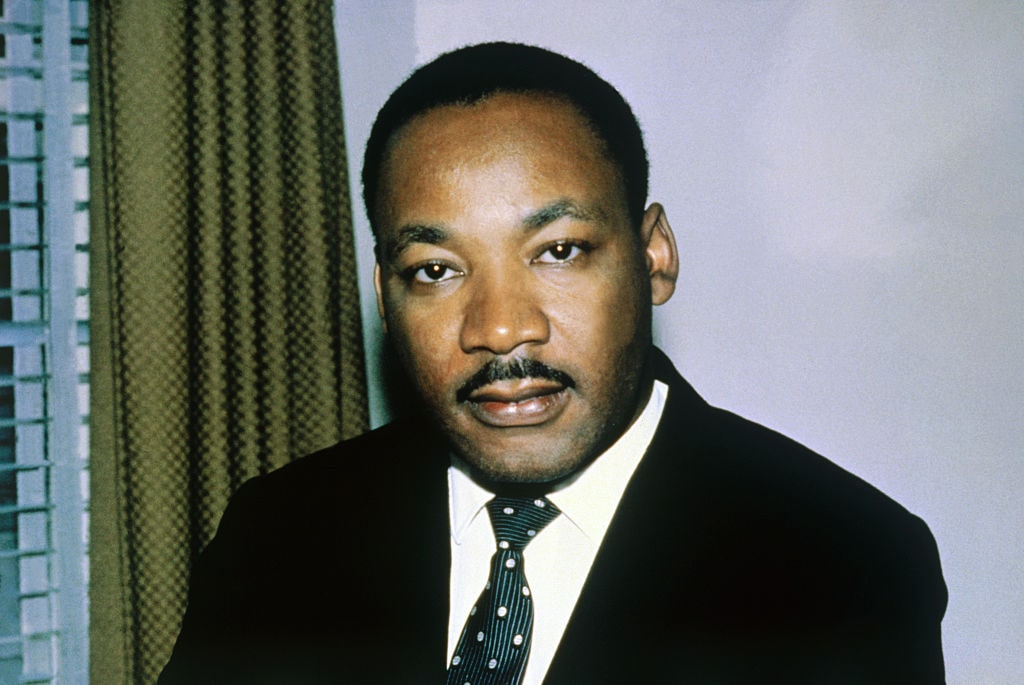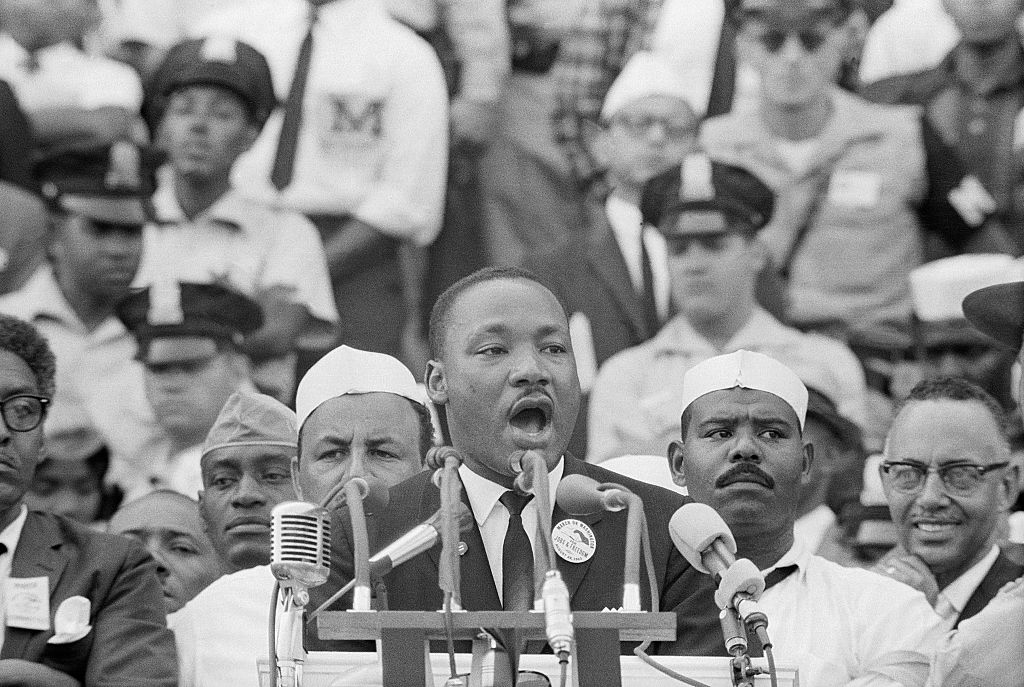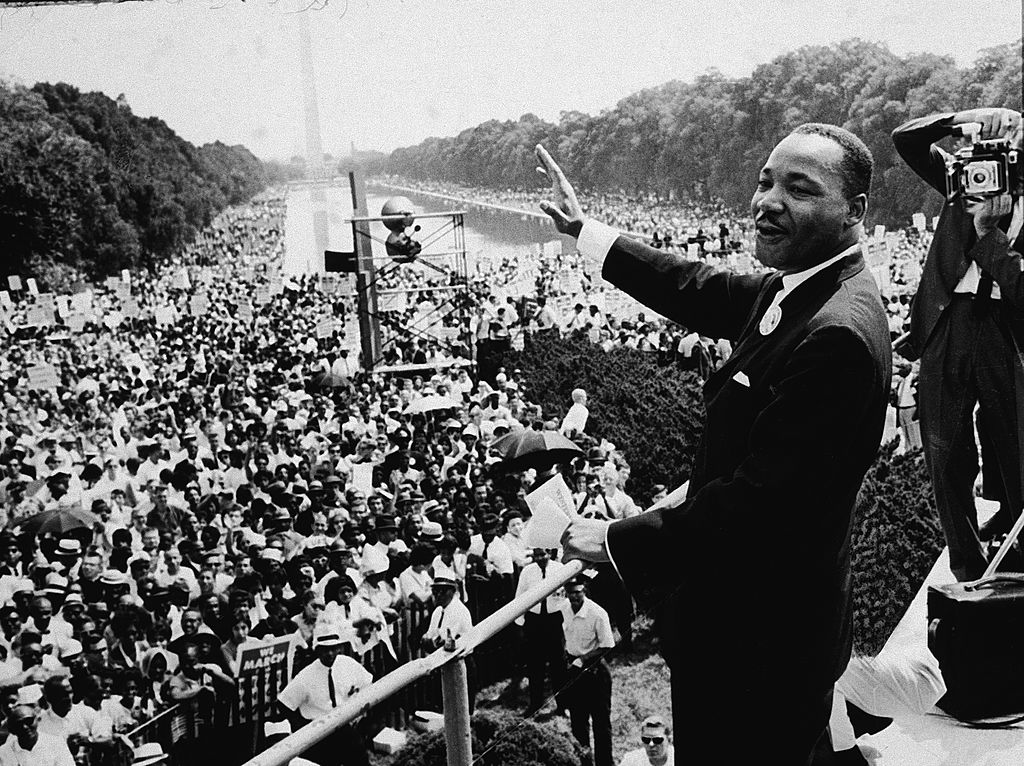-
American Pre-History
-
US History
- Why History Matters – Lesson – VIDEO
- The Importance of History: The Past Is the Key to the Future – Lesson
- Presentism and Its Evil – Lesson
- Historical Statues: Should they Stay or Go – Lesson
- Civil Unrest in the United States: A History – Lesson
- Presidents and the Cost of War – Lesson
- Presidents and the Cost of War – Quiz
-
Arrival of Europeans
-
Westward Expansion
-
Civil War and Reconstruction
- The Roots and the Rise of the Civil War – Lesson
- The Roots and the Rise of the Civil War – Quiz
- Civil War: The War Between the States – Lesson
- Civil War: The War Between the States – Quiz
- Reconstruction: Trying to Rebuild a Broken Nation – Lesson
- Reconstruction: Trying to Rebuild a Broken Nation – Quiz
-
Immigration and America
-
20th Century and Modern America
- Black Lives Matter and the Anarchists of 1919 – Lesson
- Prohibition: The Failed Attempt to Outlaw Drunkenness – Lesson
- Attack on Pearl Harbor: Bringing America into World War II – Lesson
- Survivors Tell Their Stories on 80th Anniversary of Pearl Harbor Attack – Lesson
- Survivors Tell Their Stories on 80th Anniversary of Pearl Harbor Attack – Quiz
- Marion Robert Goff: A Soldier’s Tale on D-Day – Lesson
- Marion Robert Goff: A Soldier’s Tale on D-Day – Quiz
- France Says ‘Merci Les Américains’ on Bastille Day – Lesson
- France Says ‘Merci Les Américains’ on Bastille Day – Quiz
- A Closer Look at Martin Luther King’s ‘I Have a Dream’ Speech – Lesson
- A Closer Look at Martin Luther King’s ‘I Have a Dream’ Speech – Quiz
- 50 Years Since Nixon Went to China: Ping-Pong Diplomacy – Lesson (Part 1)
- 50 Years Since Nixon Went to China: Ping-Pong Diplomacy – Quiz
- 50 Years Since Nixon Went to China: ‘The Week That Changed the World’ – Lesson (Part 2)
- 50 Years Since Nixon Went to China: ‘The Week That Changed the World’ – Quiz
-
The 21st Century: A New Millennium
A Closer Look at Martin Luther King’s ‘I Have a Dream’ Speech – Lesson

Martin Luther King Jr. (Getty Images)
The speech delivered nearly 60 years ago is still an inspiration today.
“I am happy to join with you today in what will go down in history as the greatest demonstration for freedom in the history of our nation.”
These were Dr. Martin Luther King, Jr.’s opening words from his famous “I Have a Dream” speech in 1963. The speech that he gave in front of the Lincoln Memorial in Washington, D.C. nearly 60 years ago is still an inspiration today. His never-ending fight for civil rights attracted a lot of attention, and the way he had with words was inspirational and motivating. What was it about MLK’s “I Have a Dream” speech that made it so powerful that it is still a strong influence today?
On August 28, 1963, more than 250,000 people gathered for the “jobs and freedom” rally where there would be several guest speakers. The March on Washington, as it became known, was a major event in the Civil Rights movement which sought to make Americans of all races equal under the law. While slavery had ended after the Civil War, racial segregation and inequality were still a big problem.

(Getty Images)
Dr. King had originally prepared just a short and formal presentation to highlight the continued suffering of black Americans. However, just as he was getting ready to sit down, finished with his speech, gospel singer Mahalia Jackson called out, “Tell them about your dream, Martin!” The next half of his speech was impromptu, meaning he made it up on the spot.
The complete extended speech was 1,667 words and lasted for 17 minutes. In it, MLK drew in the audience with the rhythm of the words as if they could be turned into a song, and the many references he drew between the country’s founding documents, the Bible, literature, and the events of the present and future.
On November 19, 1863, President Abraham Lincoln delivered one of the most powerful speeches in history in only 272 words. Known as the Gettysburg Address, it was given after the Battle of Gettysburg during the Civil War and started like this:
“Four score and seven years ago our fathers brought forth on this continent, a new nation, conceived in Liberty, and dedicated to the proposition that all men are created equal.”
Dr. King paralleled Lincoln’s speech with:
“Five score years ago, a great American, in whose symbolic shadow we stand today, signed the Emancipation Proclamation. This momentous decree came as a great beacon light of hope to millions of Negro slaves who had been seared in the flames of withering injustice. It came as a joyous daybreak to end the long night of their captivity.”

(Photo by CNP/Getty Images)
In this way, MLK linked the founding of America and the Civil War with the fight for civil rights still going on 100 years later.
King used a line from William Shakespeare’s Richard III and adjusted it for his speech. “Now is the winter of our discontent, made glorious summer by this sun of York” is the line that appears in the play. In King’s version, he swapped winter for summer since it was the middle of summer when he spoke. “This sweltering summer of the Negro’s legitimate discontent will not pass until there is an invigorating autumn of freedom and equality,” he said.
As a reverend, King was a religious figure, and he called upon God to help see America through this transition. He also made references to passages in the Bible. Amos 5:24 reads: “But let justice roll on like a river, righteousness like a never-failing stream!” While speaking about segregation and voter suppression, MLK said:
“No, no, we are not satisfied, and we will not be satisfied until justice rolls down like waters, and righteousness like a mighty stream.”
One of the significant ways in which King made his speech so powerful was to repeat keywords and phrases that resonated with the audience. This type of approach is used a lot in marketing and commercials, really putting the thoughts into a person’s mind as they hear them over and over. Here are a few examples of phrases he repeatedly used throughout the speech:
- One hundred years later
- We refuse to believe
- Now is the time
- We will never be satisfied
- I have a dream
- Let freedom ring
Dr. Martin Luther King’s dedication and influence with the civil rights movement were immense. His words are still quoted today. His strong belief in equality is still a fight many people and groups reference in their own social movements.